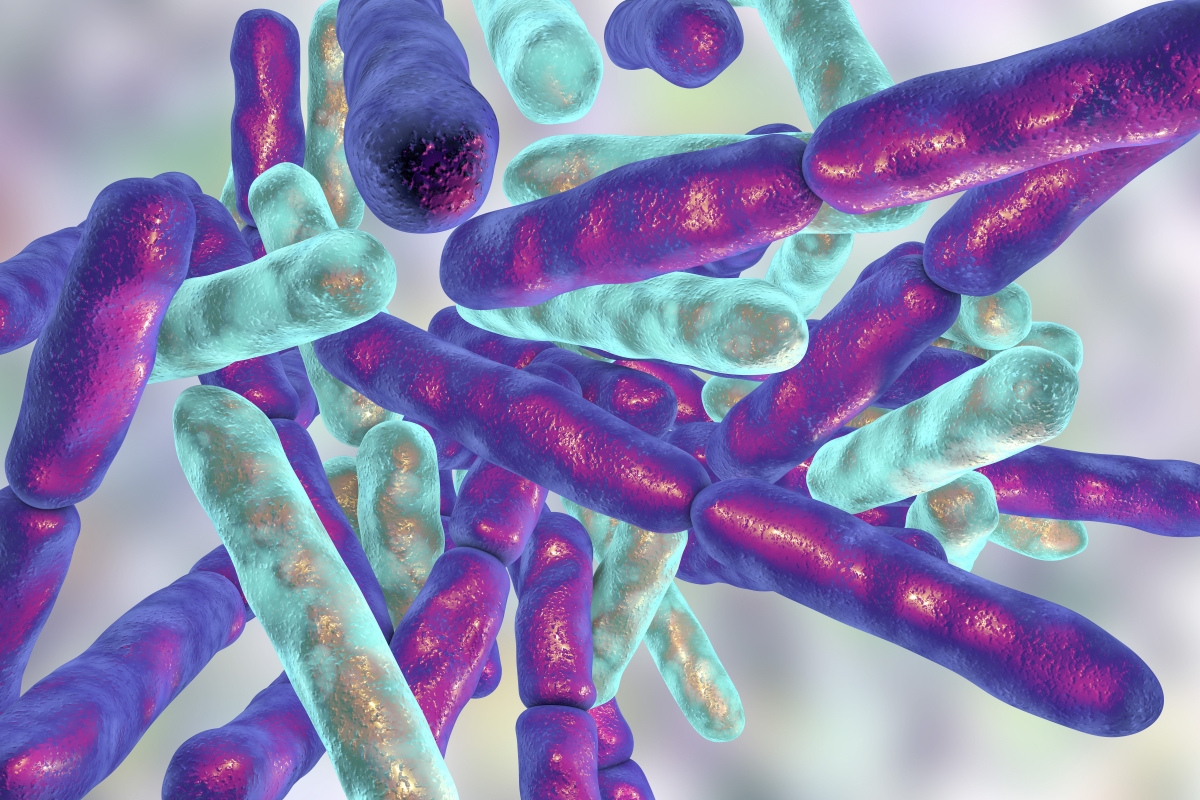The microbiota–gut–brain axis in neurological disorders
The microbiota–gut–brain axis (MGBA) is the term for the two-way connection between the human gut microbiota and the brain that has been shown in previous studies. Through processes including neurotransmission/neurotransmitters, immunological modulation, and metabolic pathways, the microbiota–gut–brain axis influences the host’s nervous system development, emotional control, and cognitive abilities. Diet, lifestyle, genetics, and the environment are some of the factors that influence the gut microbiota’s makeup. The majority of research has been on the gut microbiota’s effects on host physiology and its potential for both treating and preventing neurological disorders. However, there is still a need for more research on the variability of gut microbiota, the specific strains involved in neurological diseases, and how their metabolites interact with the central and peripheral nervous systems. This review by You et al. (2024) emphasizes how gut microbiota affects mood disorders like anxiety and depression, neurodegenerative illnesses like Alzheimer’s and Parkinson’s, and neurodevelopmental disorders like autism spectrum disorder and ADHD. It also discusses current gut microbe-based clinical and preclinical interventions, such as dietary changes, probiotics, prebiotics, and fecal microbiota transplantation. Additionally, it addresses the gaps in current research on gut microbiota in neurological diseases and suggests directions for future studies in this field. [NPID: gut Microbiota, microbiota-gut-brain axis, neurotransmitters, immune modulation, metabolic pathways, neurological disorders, neurodevelopmental disorders, neurodegenerative diseases, mood disorders, gut-based interventions]
Year: 2024
 Navigation
Navigation








